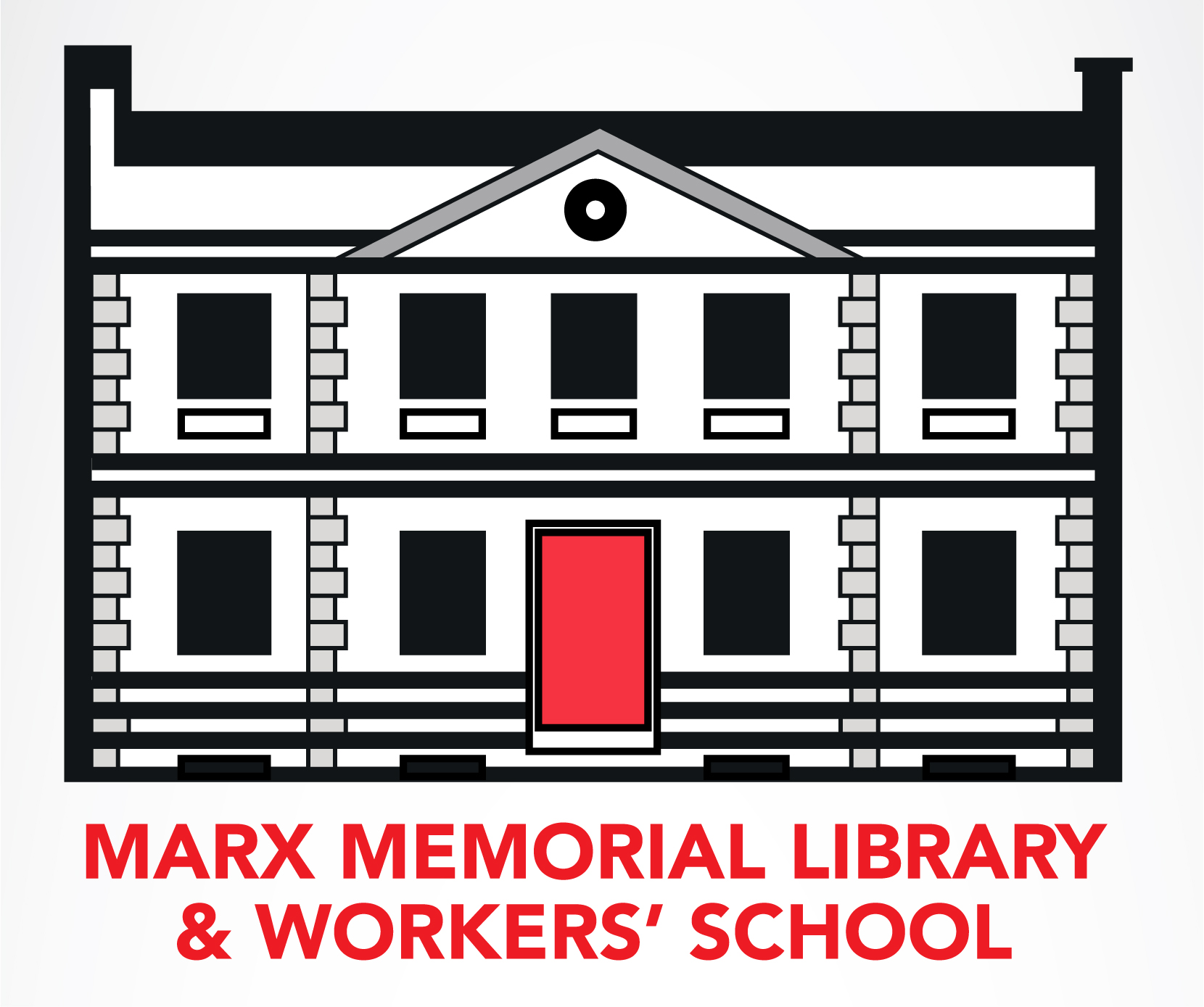You are here
Back to topIn September 1961, the Pugwash Conference for Science and World Affairs held a colloquium in London dedicated to addressing the mounting threats to global security from armed conflict, particularly nuclear and biological warfare. Bernal was deeply affected by the discussions at Pugwash, and against the backdrop of renewed nuclear tests around the globe, determined that the WPC’s next congress should focus solely on the pressing aim of international disarmament.
It was agreed that this meeting should be called the ‘World Congress for General Disarmament and Peace’ and that it would be held in Moscow from 9 - 14 July, 1962. In January 1962, Bernal launched an appeal for the congress on behalf of the WPC, stating
People everywhere are protesting more and more vigorously against the threat of nuclear annihilation. Yet that threat remains and grows. New ways must be found to unite mankind in action to banish nuclear weapons from the world. 1962 can be the year when the governments, urged forward by their peoples, reach agreement on the first genuine measures of disarmament. Disarmament – general, complete and controlled, including the destruction of nuclear weapons – is the most urgent need of our time. It is an essential step to a world without war.
The congress convened on Monday 9 July 1962, with Nikita Khruschev, General Secretary of the Communist Party of the Soviet Union, presenting the keynote speech. Two thousand delegates from ninety countries were in attendance, with international sponsors including politicians, scientists, writers, and artists –Che Guevara, Dmitri Shostakovich, Pablo Picasso, and Jean-Paul Sartre among them– sending messages of support. The congress was also attended by delegates from non-aligned groups, including Bertrand Russell and Canon John Collins of the newly formed Campaign for Nuclear Disarmament (CND).
Although - under the shadow of the cold war - there were some criticisms from delegates of non-aligned peace organisations that proceedings had been dominated by the Soviet Union and its supporters, the congress was considered by many to be a significant opportunity for governments across the East and the West to begin to build, for the first time, a consensus on global disarmament. In his summary address on the last day of the congress, Bernal commended the pervading spirit of co-operation across political ideologies, sanguinely concluding: ‘This Congress has been unique for the free expression that has been given everywhere to all views, both by word of mouth and in writing. I hope we shall stick to that principle and develop it further.’
Included below is the full text of Bernal’s ‘Appeal’ published by the WPC in January 1961, alongside the delegate application form which was circulated by the British Peace Committee, the national arm of the WPC, to numerous British peace organisations and groups hoping to attend the congress in Moscow. Additionally, examples of press coverage are also featured, including a short advertisement for the congress in March 1962, and a response by Bernal addressing criticisms about the organisation of the congress, raised among others, by Labour Member of Parliament, Christopher Mayhew in May 1961. Finally, an example of one of the many letters of support Bernal received in the run-up to the congress, written by Anwar El Saadat who, almost a decade later, would go on to become the third president of Egypt. El Saadat argues passionately for the link between disarmament and national independence, asserting ‘that general and total disarmament, once achieved, will be a heavy blow against colonialism and its aggressive designs.’
